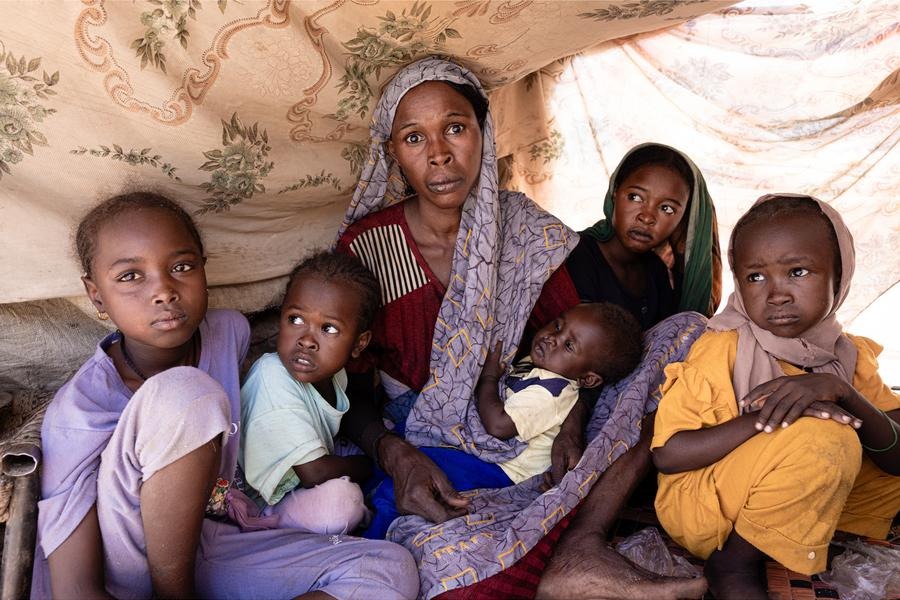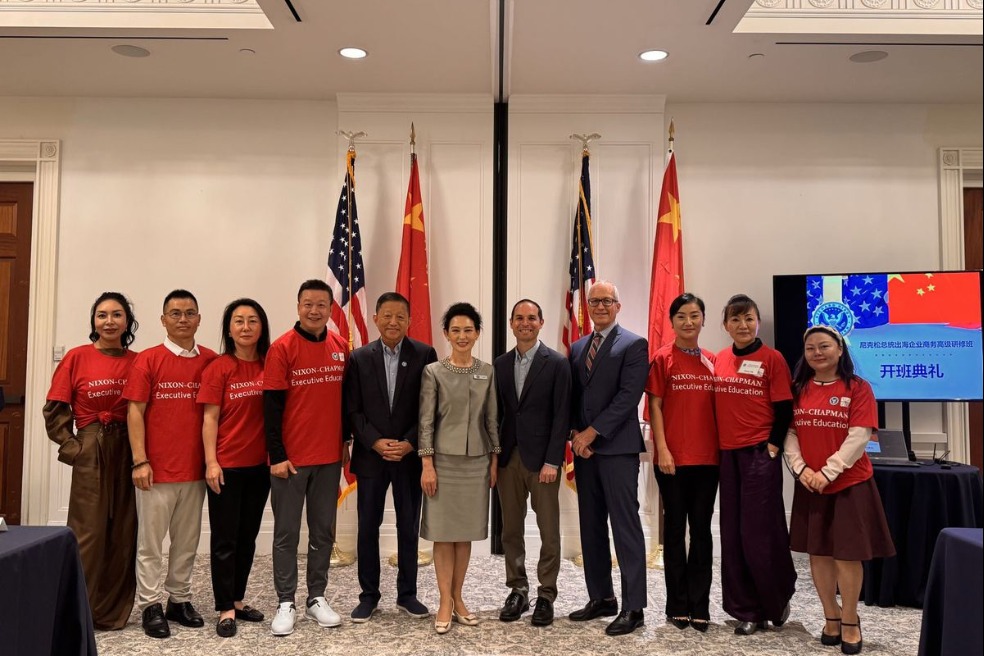Seed bank plants hope in global conservation fight

The world's biggest seed conservation project is celebrating its 25th anniversary in leading the global fight against plant extinction, and a partner organization in China is playing a key role in the vital work.
The Millennium Seed Bank, operated by Kew Gardens in London, was opened in 2000 by the then-Prince Charles, now King Charles, who is well known for his love of botany. So far, it has collected and banked more than 2.5 billion seeds from 40,000 species around the world, working with 279 partners in 100 countries. One of those partners is the Kunming Institute of Botany at the Chinese Academy of Sciences.
The seed bank is around 50 kilometers south of London at Kew Gardens in Wakehurst, Sussex, where visitors are welcome to come and learn more about its global conservation effort. The 25th anniversary has been marked by events, including a podcast called Unearthed, featuring Academy Award-winning actress Cate Blanchett, who lives nearby, and also the king.
Elinor Breman is a senior research leader at Kew, specializing in seed conservation and sustainable plant use. She told China Daily that when the project started out, it had been somewhat of a voyage of discovery, but once people realized what it was doing, they were keen to get on board.
"Back in the 90s, we experimented with applying techniques used in agricultural seed banks to wild plants, to see if we could use some of those same methodologies to collect, conserve, and then use seeds over long periods of time," she explained. "We proved that concept by collecting all the flora of the United Kingdom and showing that it did work. From 2000, we started this international phase of the program, sharing that experience with the world."
Half the seeds are stored in the countries of origin, with, where possible, safety duplicates being sent to Wakehurst. The program is deliberately low-tech to enable partners with limited resources, or challenges relating to issues such as power supply to be able to take part.
Since 2005, Kunming has been playing a vital role in the seed bank's work, as it is home to Asia's largest germplasm bank, the Germplasm Bank of Wild Species, known as GBOWS.
"We helped them with the designs for their current facilities, had multiple staff visits out there during its building phase, and we've had since then a really productive relationship," said Breman. "We store some seeds here that were collected in China, they've duplicated some material for us and we've duplicated some collections for them.
"I was out there just last year, and we're looking at how we can work together in more of a research context. There are still pressing issues, there is still a voyage of discovery happening, there are things that we still want to explore and understand, so with partners like GBOWS, we can really start to answer those questions."
A quarter of a century into its life, the Millennium Seed Bank has seen the number of plants at risk from extinction rise from 10 percent to 45 percent, but Breman says it has "really gone from strength to strength", and it is keen to continue working with partners all over the world.
"One of the things that we're increasingly trying to do is network our partners together, so that they're not working in isolation, that they are learning from each other as well as from us, and that whole circle is being completed," she said. "I think that's really important and does inspire people and makes them realize they're not out there doing this on their own. It is a global effort to conserve plant diversity."
































